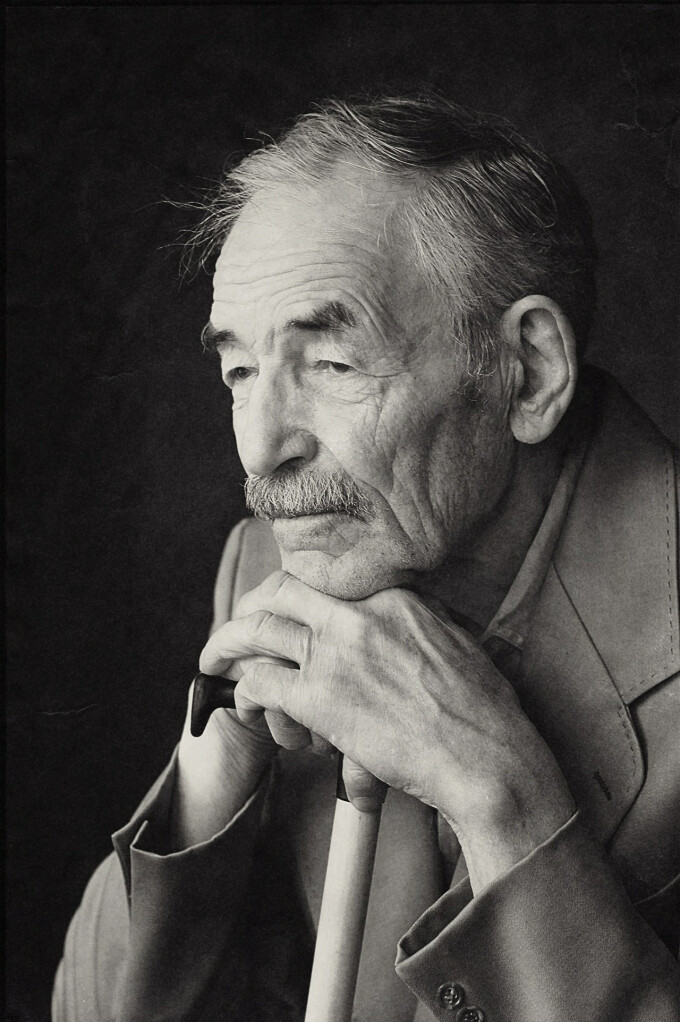Competition in Sports

Question: “If humbling ourselves and serving others is the essence of discipleship, then is it wrong for Christians to compete in sports, or to support athletic competition? Doesn’t competition appeal to our sinful, self-promoting nature?”
Answer: Just to show my bias up front, my favorite movie is “Field of Dreams”, which portrays heaven as a baseball field! I grew up playing baseball and basketball at every possible level, and I remain a passionate fan of my hometown Pittsburgh sports teams, my adopted hometown Philadelphia sports teams, and all things Penn State. So, I want you to know that I question my own objectivity in regard to this question.
However, when I go to the Scriptures, I find a number of encouraging references to the value of athletic competition. As a matter of fact, I’m fairly certain that the Apostle Paul was himself a sports fan. In his day the Olympian games, chariot races, and gladiator matches were a big part of life in many of the cities of the Roman Empire. Herod had built a lavish stadium in Jerusalem, so Paul and the other Jews would have been exposed directly to these events, which dated back to the Greek empire.
Most of the Jews condemned these Roman sports for a variety of reasons: they were part of an attempt by Roman authorities to impose Greek culture on the Jews; in some cases, the athletes competed in the nude; and some of the events were barbarous and horrifically violent. But from reading his writings in the New Testament, I get the idea that Paul was able to avoid “throwing out the baby with the bath water” when it came to evaluating sports. He lauded the noble aspects of sports, while teaching ethics and principles that would condemn all the sinful elements of sporting events in his day and ours.
In one soul-stirring passage, Paul compares the Christian life to a runner’s training regimen: “Do you not know that in a race all the runners run, but only one gets the prize? Run in such a way as to get the prize. Everyone who competes in the games goes into strict training. They do it to get a crown that will not last; but we do it to get a crown that will last forever. Therefore I do not run like a man running aimlessly…” (1 Corinthians 9:24-26). Paul obviously saw his own life in these terms – “…I press on to take hold of that for which Christ Jesus took hold of me…Forgetting what is behind and straining toward what is ahead, I press on toward the goal to win the prize for which God has called me heavenward in Christ Jesus.” One indication that Paul may have been the writer of Hebrews is found in the similar imagery of Hebrews 12:1 – “Therefore,…let us throw off everything that hinders and the sin that so easily entangles, and let us run with perseverance the race marked out for us.” As he saw death approaching, he welcomed it as the finishing line for a long, very hard marathon: “…the time has come for my departure…I have finished the race, I have kept the faith. Now there is in store for me the crown of righteousness, which the Lord, the righteous Judge, will award to me on that day - and not only to me, but also to all who have longed for His appearing.” (2 Timothy 4:6-8).
Paul is only making comparisons in these passages, but it is hard to imagine that he would compare the Christian life to a race in a favorable manner if he felt that athletic competition was inherently sinful. Athletic preparation and competition require and exemplify many God-honoring qualities, such as self-control, self-discipline, diligence, passion, teamwork, sacrifice, and perseverance. I have been very thankful to see the life-long benefits, in my life and in the lives of my children, of the many hours spent on fields and courts under demanding coaches.
There is also artistry to athletics that brings glory to the Creator. The combinations of grace, agility, passion, and symmetry that are evidenced in a perfect spiral pass caught in full stride by a wide receiver in the end zone or a majestic upper deck home run off the bat of a clean-up hitter are testimonies to the One who gave them those abilities and created the rules by which they operate.
Of course, there are many evidences of the corruption of man’s sinful nature in the realm of sports, just like every other earthly realm. The cliché that our parents drove into our brains is true for believers – it’s not whether you win or lose; it’s how you play the game. Light-hearted competition is good if it motivates us to strive for excellence and to do our best for God’s glory. Competition is sinful if it is a means to glorify self and humiliate others. “Trash talk”, showboating, and dirty tactics are unbecoming of a Christian athlete.
Of particular concern to me is our tendency to turn sports into idolatry. We have an innate need for community, worship, and purpose, but in our depravity, we turn to the things of this world instead of to God and His Kingdom for satisfaction. How else do we explain the fact that we pay our top athletes tens of millions of dollars per year to work for a few months, or that we spend almost $200 billion annually on sports? For many people, both players and spectators, sports have become their religion. Stadiums become their sanctuaries, teams become their sects, and championships become their salvation. Sports should be a hobby, a pastime, not a key element of life.
A final concern I have is when violence becomes an integral part of any sport. Injuries are inevitable in any sport, but they should never be part of the program. The bloodlust of the gladiator competitions in Paul’s day still has its appeal today. Interestingly, in the passages I referenced earlier, the Apostle Paul compares the Christian life not only to running a race, but also to fighting: “Therefore I do not run like a man running aimlessly; I do not fight like a man beating the air. No, I beat my body and make it my slave so that after I have preached to others, I myself will not be disqualified for the prize.” (1 Corinthians 9:26-27). He says in 1 Timothy 4:7, “I have fought the good fight, I have finished the race…” Was Paul a boxing fan? Not necessarily. The Christian life is like a boxing match because we are in a spiritual war, and our enemy is constantly attacking. We fight by necessity, not by choice. Causing physical harm to another person for the enjoyment of spectators violates the principles of loving our neighbor and respecting physical life made in God’s image.

